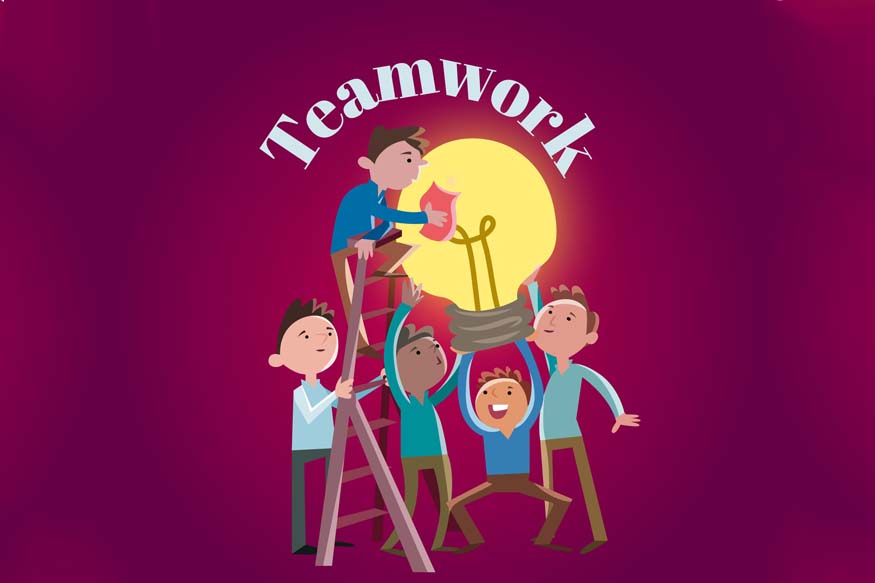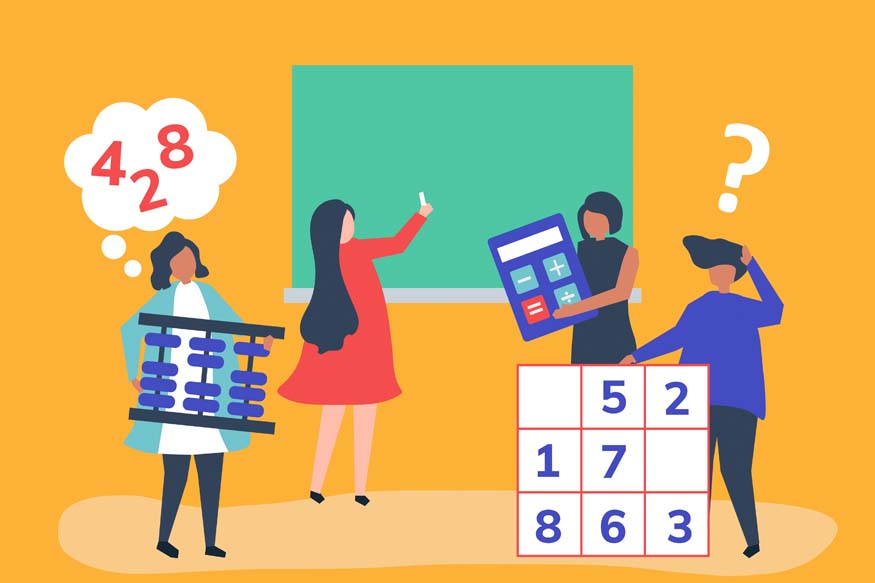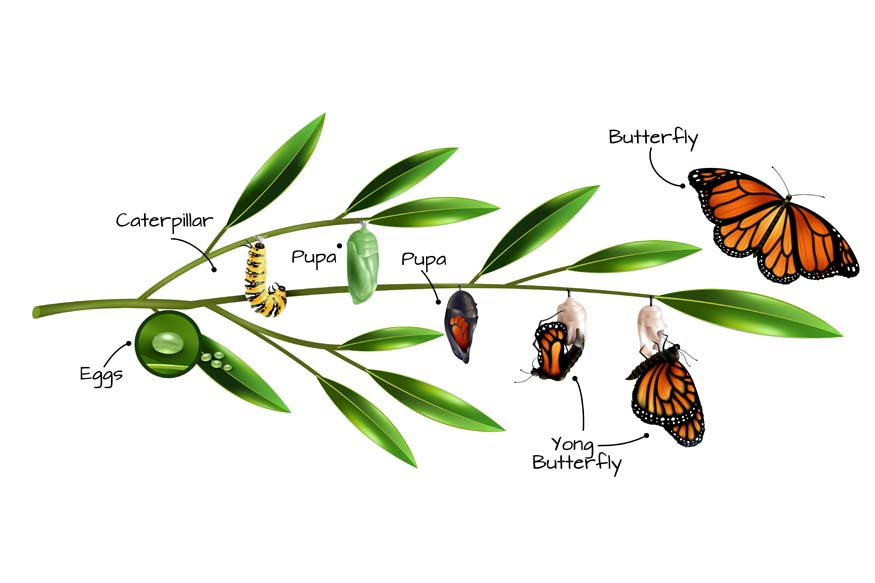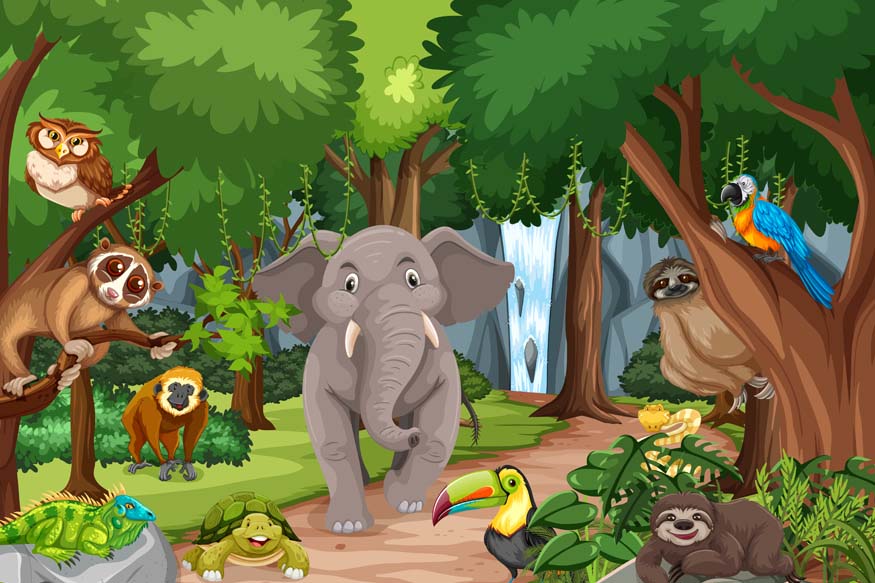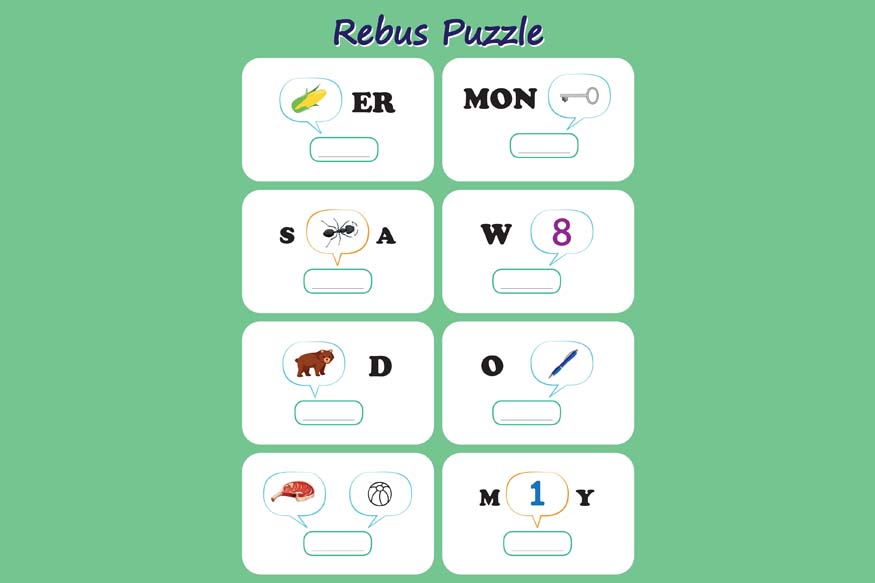Teamwork is necessary for children’s social and cognitive development. While individual accomplishments are valuable, the ability to work collaboratively with others is a crucial skill that children need to learn from a young age. Teamwork improves children’s ability to communicate and cooperate and fosters a sense of belonging and mutual respect among peers. In today’s interconnected world, understanding the importance of teamwork cannot be overstated.
Category: Child Development, Awareness
Learning teamwork skills early in childhood education can positively impact a child’s overall growth. Through group activities, children learn to share responsibilities, negotiate roles, and support each other in achieving common goals. These experiences lay the foundation for life skills development that will benefit them in various aspects of life, from academic success to professional and personal relationships.
Importance of Teamwork
Enhancing Communication Skills
One primary benefit of teamwork for kids is enhancing their communication skills. When children work together on a task or project, they need to express their ideas, listen to others, and provide constructive feedback. This interactive process helps them develop effective verbal and nonverbal communication skills, which are essential for building strong relationships and navigating social situations.
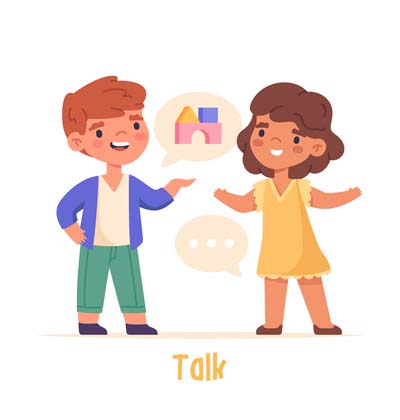
Moreover, working in teams encourages children to articulate their thoughts clearly and confidently. They learn to ask questions, seek clarification, and share their opinions without fear of judgment. This open exchange of ideas improves their communication skills and boosts their self-esteem and self-awareness. Understanding the importance of teamwork in fostering these skills can help educators design activities that promote collaborative learning and interaction.
Building Problem-Solving Abilities
Teamwork also plays a crucial role in developing children’s problem-solving abilities. When faced with a challenge, team members must brainstorm solutions, evaluate options, and decide on the best course of action collectively. This collaborative approach to problem-solving allows children to learn from each other, consider different perspectives, and develop critical thinking skills.
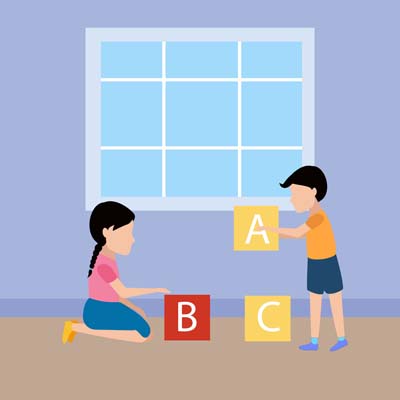
Teamwork teaches children the value of persistence and resilience. They learn that setbacks and failures are part of the problem-solving process and that working together can lead to successful outcomes. By engaging in team-based activities, children develop the confidence to tackle complex problems and the ability to think creatively and resourcefully.
Fostering Social and Emotional Development
Participating in teamwork activities significantly contributes to children’s social and emotional development. Working in teams allows children to build meaningful relationships with their peers, characterised by trust, empathy, and mutual support. These interactions help them develop essential social skills such as cooperation, conflict resolution, and emotional regulation.
Furthermore, teamwork provides children with opportunities to practice empathy and understanding. By working closely with others, they learn to appreciate different viewpoints, recognise emotions, and respond to the needs of their teammates. This emotional intelligence is a vital component of life skills development and plays a significant role in shaping well-rounded individuals.
Encouraging Responsibility and Accountability
Another key benefit of teamwork for kids is the development of responsibility and accountability. When children are part of a team, they are assigned specific roles and tasks that contribute to the group’s overall success. This sense of responsibility motivates them to perform their duties diligently and take ownership of their actions.

Accountability is also a crucial aspect of teamwork. Children learn that their actions and decisions affect not only themselves but also their teammates. This understanding fosters a sense of accountability and encourages them to consider the consequences of their behaviour. By developing these qualities, children become more dependable, which are essential traits for future success.
Promoting Academic Success
The importance of teamwork extends to academic success as well. Collaborative learning environments have been shown to enhance students’ understanding and retention of academic concepts. When children work together on academic tasks, they can share knowledge, provide support, and motivate each other to succeed.
Teamwork encourages active learning and engagement. Children are more likely to participate in discussions, ask questions, and seek help when they are part of a supportive team. This collaborative approach to learning not only improves academic performance but also fosters a positive attitude towards education.
Teamwork for Kids: In the School
Working on Projects
When kids work on the same project with their friends, they understand the idea of being on the same team. They learn that everyone needs to work together to get the job done.
Reflecting on Their Contributions
After finishing a project together, kids need to think about what they did to help. They can talk about what they did well and how they can be better teammates next time. This helps them understand their role in the team and how they can improve.
The importance of teamwork for children cannot be overstated. By participating in team-based activities, children enhance their communication skills, build problem-solving abilities, foster social and emotional development, and develop a sense of responsibility and accountability. These experiences contribute to their overall life skills development and prepare them for success in various aspects of life.
At Center Point School, we recognise the importance of teamwork for kids and strive to create an environment that promotes collaborative learning and growth. Our dedicated educators design activities that encourage children to work together, share responsibilities, and support each other. By fostering a culture of teamwork, we aim to nurture well-rounded individuals who are equipped with the skills and confidence to thrive in the future.

